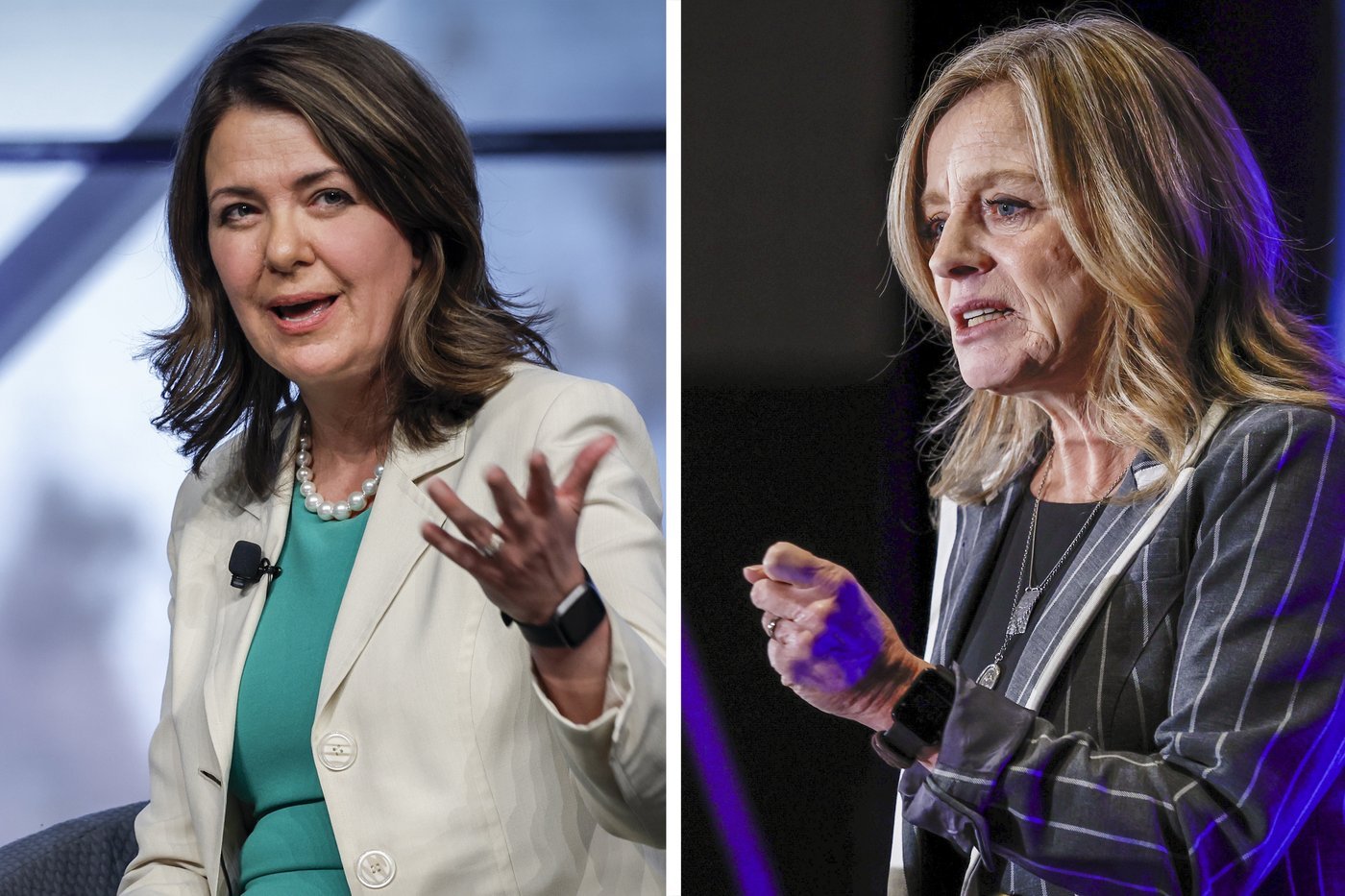TORONTO – Advocates for breast cancer survivors and people who have had ostomy surgeries, such as colostomies, are calling for changes to the way an Ontario program covers certain medical devices, saying it leaves them paying a lot of money out of pocket.
The Assistive Devices Program partly funds the cost of equipment, such as wheelchairs, insulin pumps and hearing aids, for people with long-term disabilities.
For most of the devices covered under the program, the province pays 75 per cent of the cost, but the funding for breast prostheses and ostomy devices is set at specific dollar amounts, which users and advocates say amounts to far less than 75 per cent of the total price.
People who have had a mastectomy due to breast cancer, for example, can get reconstruction surgeries that are covered by the provincial health plan.
But if they don’t qualify for the surgeries or want them, they can instead get an external breast prosthesis that fits inside special mastectomy bras. The province currently covers $195 for one prosthesis, but they can cost $400 to $500, advocates say.
That amount of $195 was set back in 2006. The Ministry of Health reviewed it in 2011, but made no change. It is now outdated, said Vanessa Freeman, a board member of the group Speaking of Breasts — Advocacy for Solutions.
“It’s not really keeping up with the times, like the cost of living right now. Things have changed substantially,” she said.
Freeman owns Pink Ribbon Boutique, a mastectomy bra boutique, and said she gets some customers to donate used prostheses back to the store.
“We just try to do whatever we can to help, but it’s not really sustainable or truly enough,” she said.
When Freeman’s mother, a three-time breast cancer survivor, discovered she had a gene mutation that had put her at a higher risk for developing breast cancer, Freeman got tested.
In 2016, she found out she had the same mutation. She decided to have a prophylactic double mastectomy.
There are physical implications to losing your breasts, she said, such as the pinched nerves and the neck and shoulder pain that result from a sudden shift in the balance of your body.
The mental implications, she added, are harder to put into words.
“From a young age, I think as women, we’ve kind of been told there’s certain things that make us feminine, those are the things that define us — so breasts, hair, these kinds of things,” Freeman said.
“I wanted to believe that I was bigger than that or that it was some sort of badge to not be affected by it, but … it really hits you in a lot of ways that you don’t necessarily anticipate, even to this day. I have done a lot of work to try to make peace with the way that my body is, and I think I’ve come a long way.”
Therapy has really helped, but that also comes with an additional cost, she said. “That’s not always available to people.”
Kelly Wilson Cull, director of advocacy for the Canadian Cancer Society, said people should not have to pay out of pocket for products and services that they need in their cancer recovery.
“In a country like Canada, people often think that we have universal health care and that cancer wouldn’t come with a bill, but that’s certainly not the case,” she said.
“Getting back to a new normal, and getting back to work and sort of reintegrating into your life after cancer, just having those tools to build self esteem and build normalcy is so critical to the huge emotional journey that comes with a cancer diagnosis.”
The Ostomy Canada Society also said it hears from people in Ontario who have had ostomy surgeries — procedures that create a new opening to bypass problems with the bladder or bowel — who have trouble affording the supplies they need, such as the pouches that collect waste.
The assistive devices program pays $975 per ostomy per year, but the average annual cost for supplies is around $2,500, said Ian MacNeil, who does advocacy and government relations for the society.
“Frequently they have to make decisions on paying the rent, sometimes, it’s, ‘What can I get at the grocery store and not get because I’ve got these supplies to purchase,'” he said.
“So it can be very, very problematic.”
The last update to the amount of funding came in 2015, MacNeil said. People who receive social assistance or live in a long-term care home receive $1,300 per ostomy per year.
“We have been hammering the Ontario government for a change, but we haven’t had any success thus far,” MacNeil said.
A Ministry of Health spokesperson said price and funding reviews for breast prostheses and ostomy supplies in the Assistive Devices Program take into account the average annual client cost.
“No additional reviews are planned for this time,” W.D. Lighthall wrote in a statement. “Grant amounts for ADP devices are based on stakeholder input, client input and jurisdictional reviews.”
This report by The Canadian Press was first published Oct. 18, 2024.
